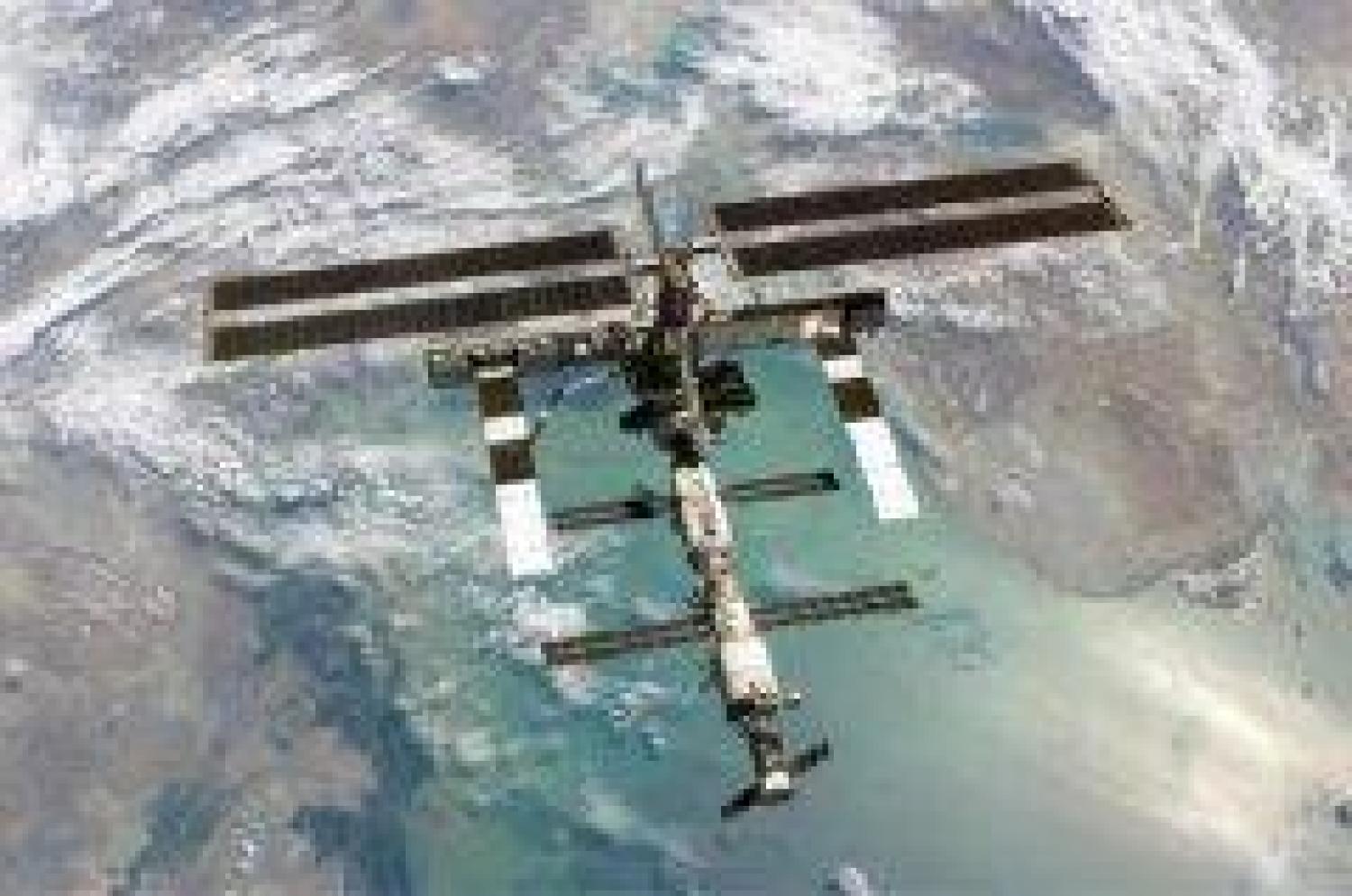CU-Boulder to Fly Antibiotic Experiment

A University of Colorado Boulder research center will launch two payloads aboard Orbital Sciences Corp.’s commercial Cygnus spacecraft to the International Space Station on Dec. 18, including a biomedical antibiotic experiment and an educational K-12 experiment involving ant behavior in microgravity.
BioServe Space Technologies, a NASA-funded center in CU-Boulder’s aerospace engineering sciences department, designed the biomedical experiment to test the effectiveness of antibiotics in space. Past experiments by CU-Boulder and other institutions have shown bacterial susceptibility to antibiotics is significantly reduced during spaceflight, although the reason is not yet known, said CU-Boulder Associate Professor David Klaus, principal investigator on the project.
Klaus said the investigation will examine changes in the gene expression of the bacteria E. coli during exposure to different concentrations of antibiotics while in the microgravity environment of space. The hope is to locate particular genes that are key to resisting antibiotics, which could lead to improved testing on Earth as well as new drug targets or new approaches to understanding antibiotic resistance in certain diseases or infections, said Klaus. - See more at: http://www.colorado.edu/news/releases/2013/12/13/cu-boulder-fly-antibiot...

